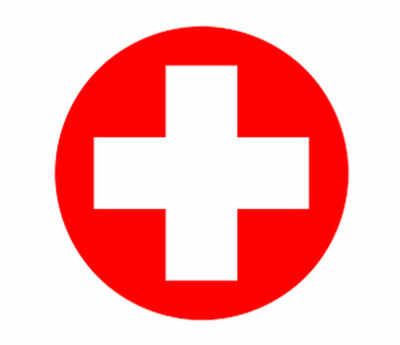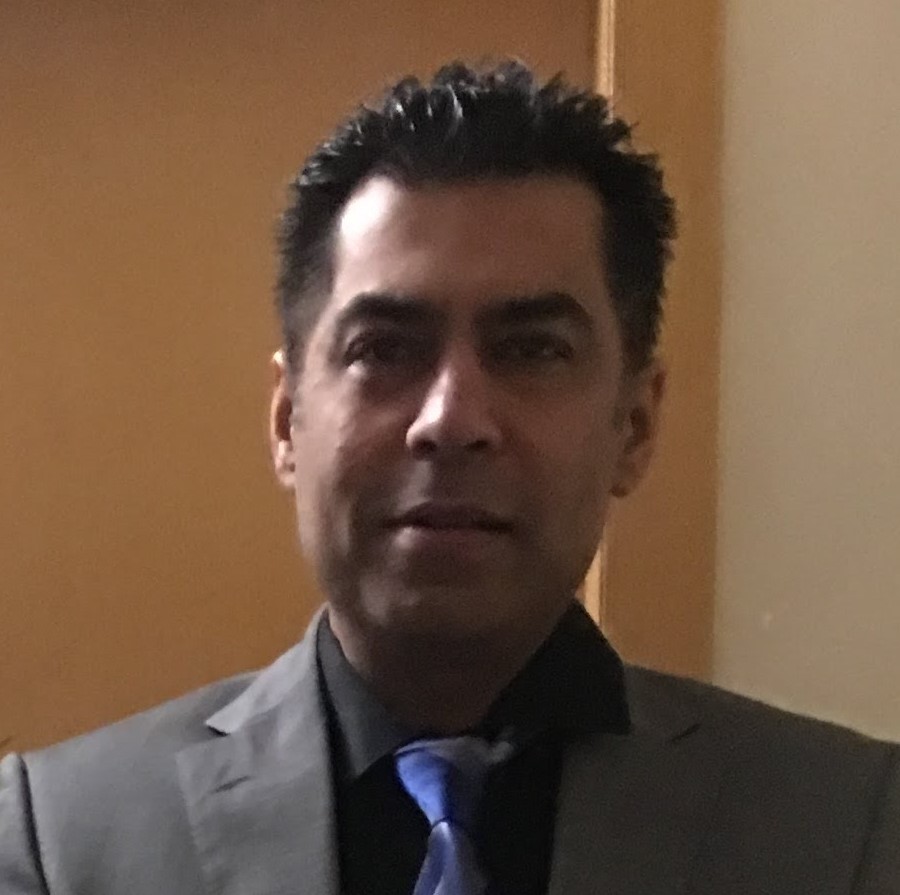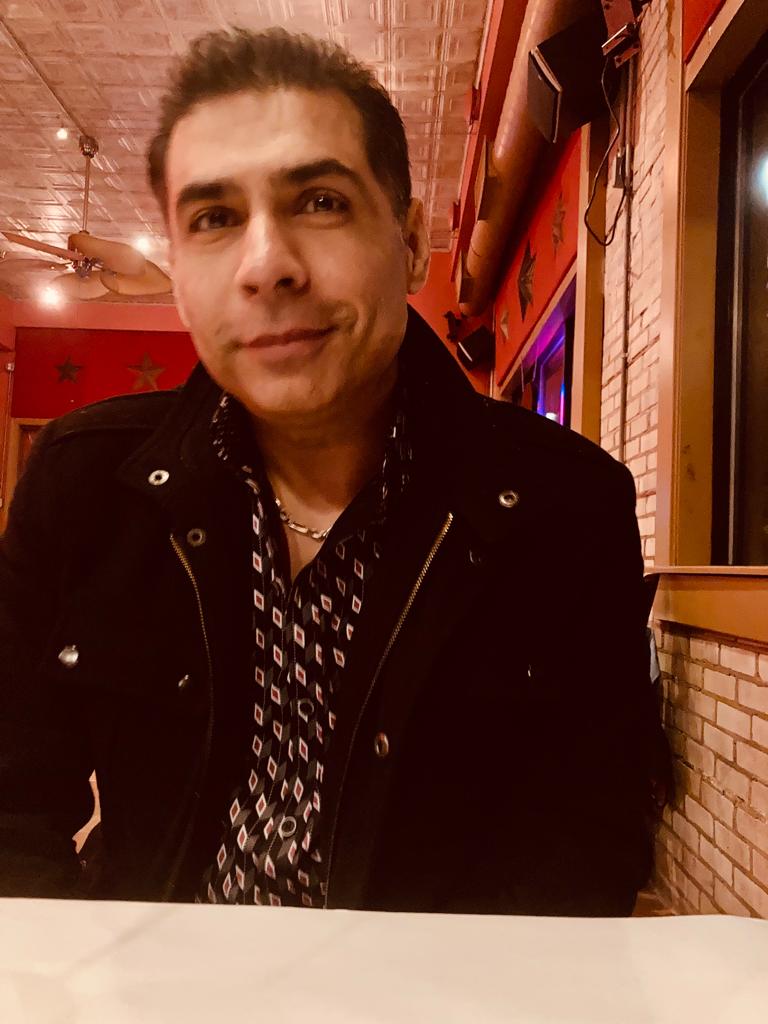Stroke is a brain attack that can be prevented By Dr Gautam Arora Neurologist
Industry: Healthcare
Stroke a neurological emergency By Dr Gautam Arora Neurologist
Monroe, NJ (PRUnderground) March 28th, 2022
A stroke is a medical emergency, and prompt treatment is crucial. Early action can reduce brain damage and other complications. A stroke happens when there is a loss of blood flow to part of the brain. Your brain cells cannot get the oxygen and nutrients they need from blood, and they start to die within a few minutes. This can cause lasting brain damage, long-term disability, or even death. If you think that you or someone else is having a stroke, call 911 right away. Immediate treatment may save someone’s life and increase the chances for successful rehabilitation and recovery. The symptoms of a stroke include sudden numbness or weakness, especially on one side of the body; sudden confusion or trouble speaking or understanding speech; sudden trouble seeing in one or both eyes; sudden trouble with walking, dizziness, or loss of balance or coordination; or sudden severe headache with no known cause. Risk factors are medical conditions or lifestyle practices that can increase one’s chance of having a stroke. Risk factors can be modifiable (things we can change) or non-modifiable (things we cannot change).Non-modificable risk factors include age, race, and gender. Hypertension (high blood pressure) is the most important modifiable risk factor for both types of stroke. Other important risk factors include tobacco use, diabetes, high cholesterol, lack of physical activity, unhealthy diet, drug use, and excess alcohol intake. Atrial fibrillation, an abnormal heart rhythm that causes clots to develop in the heart is another important risk factor for stroke, especially among those of older age.
How are strokes diagnosed?
To make a diagnosis, your health care provider will:
- Ask about your symptoms and medical history
- Do a physical exam, including a check of
- Your mental alertness
- Your coordination and balance
- Any numbness or weakness in your face, arms, and legs
- Any trouble speaking and seeing clearly
- Run some tests, which may include
- Diagnostic imaging of the brain, such as a CT scan or MRI
- Heart tests, which can help detect heart problems or blood clots that may have led to a stroke. Possible tests include an electrocardiogram (EKG) and an echocardiography
- This “brain saving” treatment dissolves the clot that is causing the stroke. This medication can only be given through an IV given within 4.5 hours after a stroke begins. The sooner the medicine is given, the better the chances of restoring oxygen to the dying brain in time to prevent more damage.Depending on the type of hemorrhagic (bleeding) stroke that occurs, there are different options for treatment including surgeryPrevention
Knowing your stroke risk factors, following your health care provider’s recommendations and adopting a healthy lifestyle are the best steps you can take to prevent a stroke. - Controlling high blood pressure (hypertension)
- Lowering the amount of cholesterol and saturated fat in your diet.
- Quitting tobacco use.
- Managing diabetes.
- Maintaining a healthy weight.
- Eating a diet rich in fruits and vegetables.
- Drinking alcohol in moderation, if at all.
- Treating obstructive sleep apnea (OSA).
- Avoiding illegal drugs.
Preventive medications
If you’ve had an ischemic stroke or a TIA, your doctor may recommend medications to help reduce your risk of having another stroke. These include:
- Anti-platelet drugs. Platelets are cells in the blood that form clots. The most commonly used anti-platelet medication is aspirin. Your doctor can help you determine the right dose of aspirin for you. After a TIA or minor stroke, your doctor may give you aspirin and an anti-platelet drug such as clopidogrel for a period of time to reduce the risk of another stroke.
- Anticoagulants. These drugs reduce blood clotting. Heparin is fast acting and may be used short-term in the hospital.Slower-acting warfarin may be used over a longer term. Warfarin is a powerful blood-thinning drug, so you’ll need to take it exactly as directed and watch for side effects. You’ll also need to have regular blood tests to monitor warfarin’s effects.Several newer blood-thinning medications (anticoagulants) are available for preventing strokes in people who have a high risk. These medications include dabigatran, rivaroxaban, apixaban and edoxaban.
About NPMC Neurology and Pain Management Clinic
NPMC Neurology and Pain Management Clinic
E164/1 Kamla Nagar Delhi
info@neuroandpain.clinic
www.neuroandpain.clinic
+918810340685






